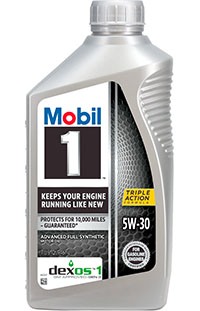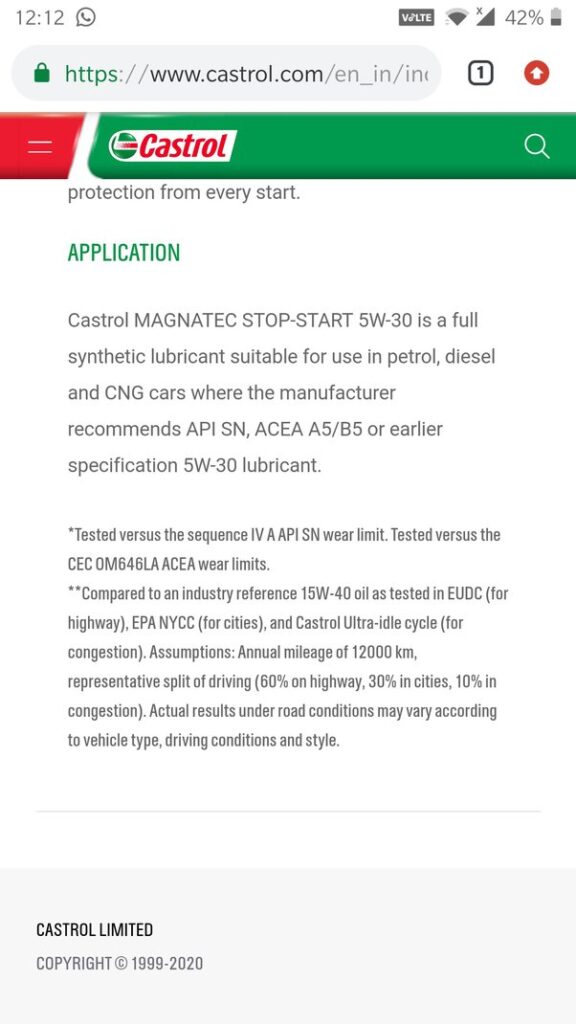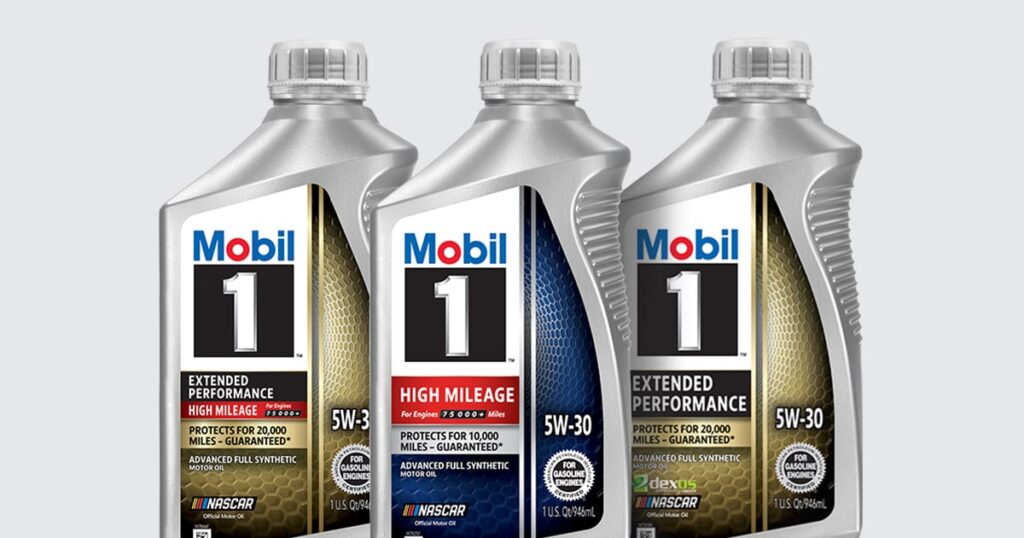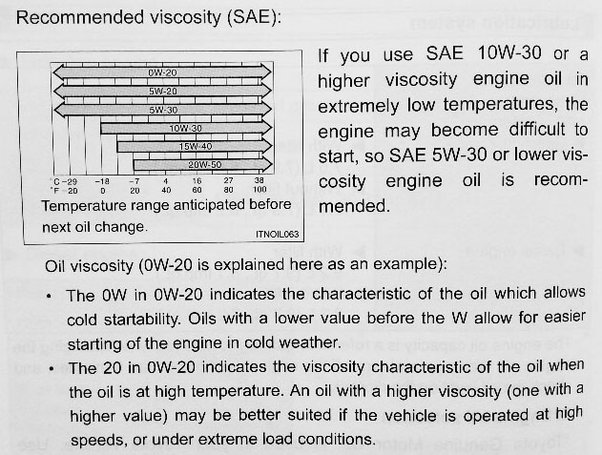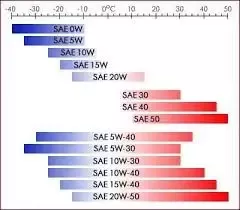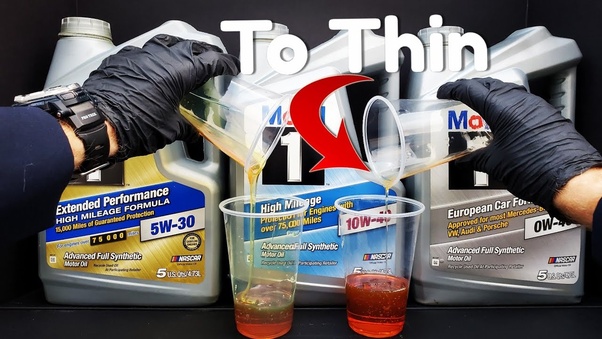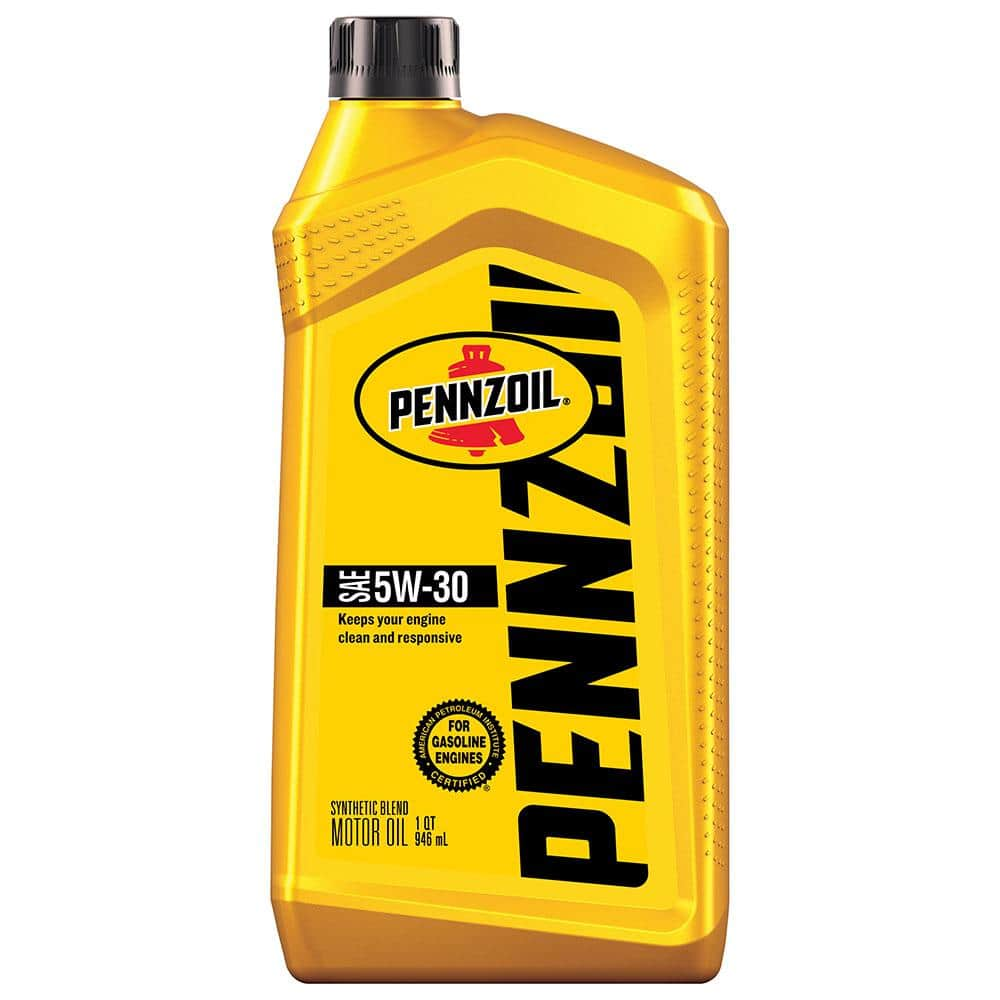Does My Car Need 5W-30 Motor Oil?
Understanding Motor Oil Like water is to fish, motor oil is to your car’s engine. It keeps the engine parts running smoothly. But not all oils are the same. Different engines need different oils. Today we’re diving into 5W-30 motor oil and if your car needs it. Credit: blog.amsoil.com What Does 5W-30 Mean? The numbers […]
Does My Car Need 5W-30 Motor Oil? Read More »

